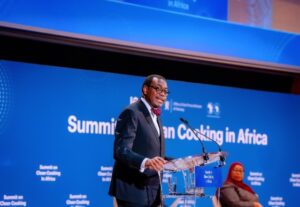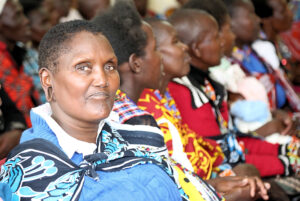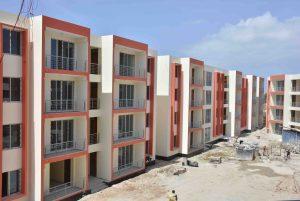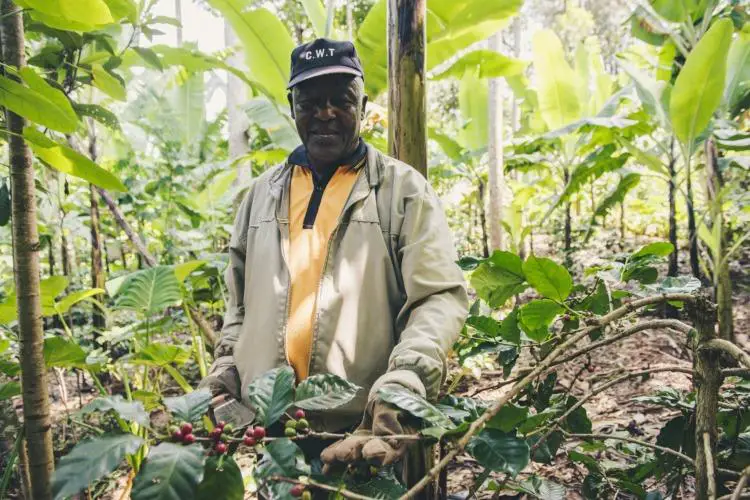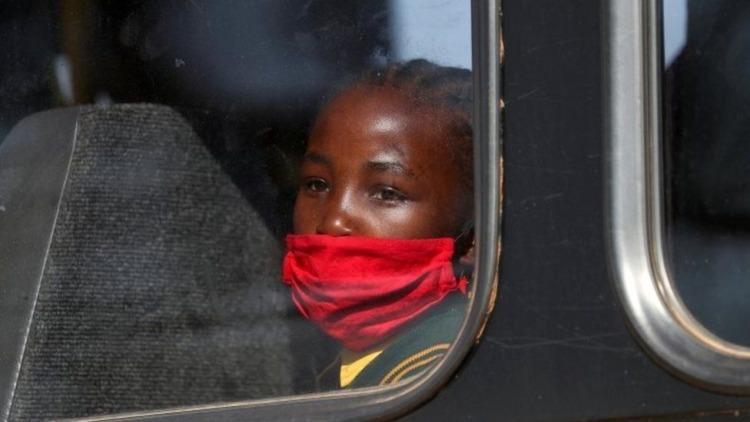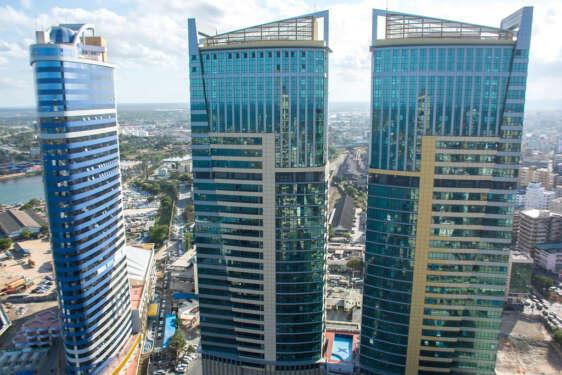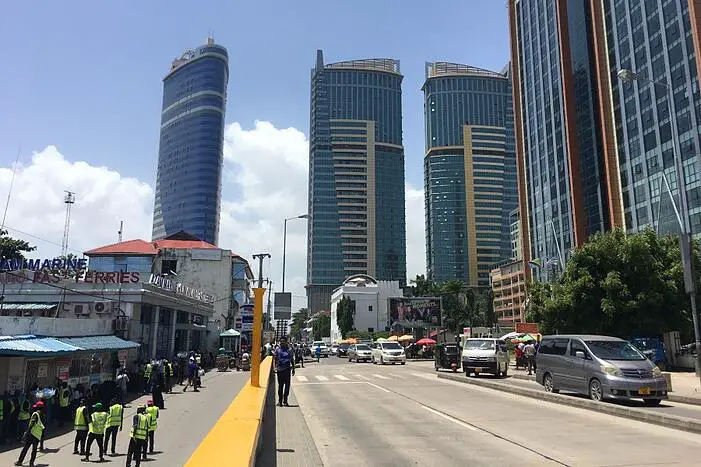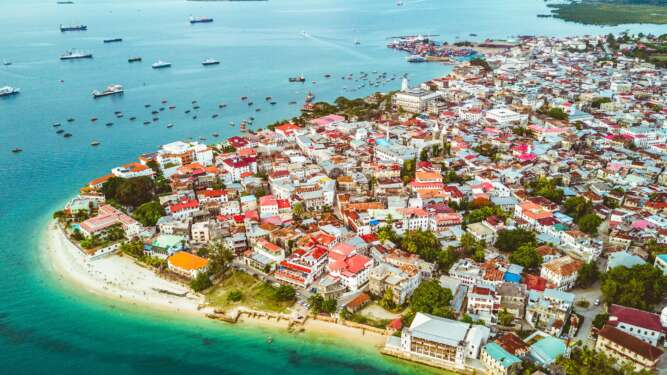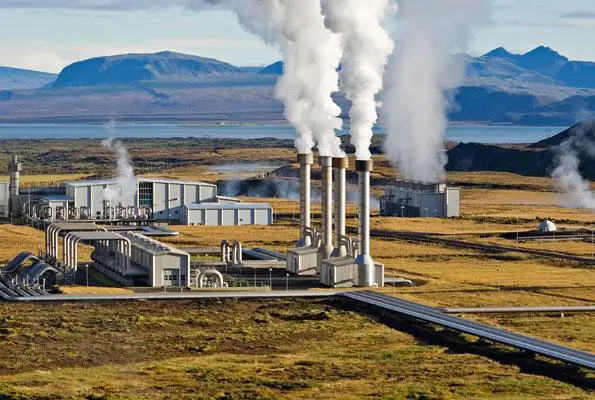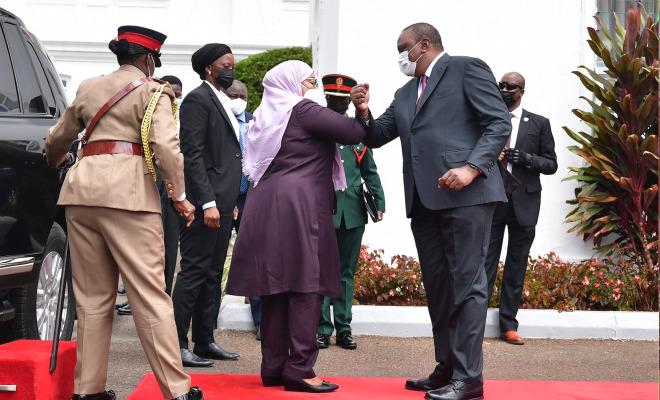- AfDB commits $2 billion to revolutionise clean cooking in Africa, save forests
- The harsh realities of family laws for African women revealed
- Kenyan home buyers shift preferences, seek affordable housing despite market downturn
- How startup Yeeo is shaping the future of business contacts with eco-friendly innovation
- Stakeholders in Nairobi seek to unlock Kenya’s green jobs potential
- Alarming surge in online child exploitation sweeps Africa
- Beijing tightens China-Africa grip as trade rivals US, Russia seek bigger slice
- Exploring the Forex CFD Trading Landscape in Africa in 2024
Author: Padili Mikomangwa
Padili Mikomangwa is an environmentalist based in Tanzania. . He is passionate about helping communities be aware of critical issues cutting across, environmental economics and natural resources management. He holds a bachelors degree in Geography and Environmental Studies from University of Dar es Salaam, Tanzania.
What if I told you the real GDP in Africa which is projected by African Development Bank (AfDB) to grow by 3.4 per cent in 2021, could be not as effective in measuring the actual progress of the youngest continent on the planet?
The Gross Domestic Product (GDP) a measure of economic growth was developed by an American, Simon Kuznets in 1934 in the modern concept; however, its original concept emerged in Europe between 1654 and 1676, which was a gruesome period for Africa, driven into the onset of the trans-Atlantic slave trade which ended in the 19th century.
Several discussion panels have taken a keen interest in finding out the drawbacks of GDP, including one led by Nobel economist Joseph Stiglitz (commissioned by former French President Nicolas Sarkozy) that found the measure had serious holes, saying “it is time to replace gross domestic product with real metrics of well-being …
Africa’s second top economy, South Africa is yet unhinged with the grilling impacts of the coronavirus, which has already taken more than 58,000 lives and infected more than 1.7 million in the country.
“In view of the rising infections, we have therefore decided to move the country to Alert Level 3.This will take effect later this evening once the regulations have been gazetted,” South African President Cyril Ramaphosa said on Tuesday.
According to President Ramaphosa speech, different issues related to the adoption of the new alert level were raised and the national leader rallied people to embrace the new precautions for the longevity of the nation.
“We know that as difficult as the last 15 months have been, we have started to recover and rebuild. Although it has encountered several setbacks, our mass vaccination programme is gaining momentum and we are finally on the path to controlling the disease. But …
The central bank of Tanzania released the monthly economic review for May 2021 and it has reviewed different sections of the economy with a keen eye.
READ:Tanzania clock’s $3Bn as gold prices soar
Inflation
In this section of the economy, the report showed that, during April 2021, the headline inflation rate remained low and within the country and regional limits.
“Twelve-month headline inflation was 3.3 per cent in April 2021, almost the same as in the preceding month and the corresponding period of 2020,” the report noted.
However, on a month-to-month basis, headline inflation stood at 0.5 per cent, which is a bit higher than the rate registered in the corresponding period of 2020 inflation is projected “to remain within the targeted band for 2020/21”.
Further, the core inflation showed that the index accounts for the largest share in consumer price index (CPI) stood at 3.5 per cent, which …
Tanzania economy is projected to grow at 5.6 per cent, the central bank of Tanzania (BoT) revealed during its May 28, 2021, Monetary Policy Committee (MPC).
As Tanzania ascend towards marking a year since upgraded to a low-middle-income country, it has been taking serious steps to revamp its economy, by reshuffling its investment and trading operations.
Unlike 2020 whereas the entire world was battling COVID-19 this year the MPC noted that it was “pleased with good performance of the economy, which is amid global spillover of the adverse impact of the pandemic. Growth is estimated at 4.8 per cent in 2020, lower than the projection of 5.5 per cent, reflecting the adverse impact of the pandemic”
Further, the committee noted that the economy in 2021 will be reinforced by several sectors particularly construction, agriculture and transport and communications activities.
These projects are rather quite far from the African Development Bank …
The Household Budget Survey (HBS) report for 2019/2020 was released by the office of the chief government statistician (OCGS) in May painting the poverty reduction agenda on different levels, as the tool collected information pertaining to private households’ economic activities, household income and expenditure, housing characteristics and expenditure.
The HBS report argued that the 2019/20 HBS helped in evaluating Zanzibar’s performance concerning the United Nations Sustainable Development Goals (SDGs), as well as regional development strategies.
Zanzibar is the semi-autonomous region of the United Republic of Tanzania, made up of two isles, Pemba
Zanzibar International Tourism Show- The Exchange
and Unguja, inhabited by more than 1.7 million people. The archipelago is dominated by two main economic operations, agriculture and services, particularly the tourism service industry. …
Tanzania is advancing towards the top and it seems nothing can stop it. The nation’s central bank (BoT) report, Economic Bulletin for the Quarter ending March 2021, showcased how the country is navigating through different sections of the economy, including its stringent monetary policies, public finance, financial market developments and external sector (imports and exports).
The bank highlighted that the economy is projected to grow by 5.7 per cent this year, propelled by public investment and normalization of global trade and investment.
At the moment Tanzania is proving to be courting investment, by adjusting its investment climate, setting the right tone to attract investors and forging strong partnerships—Kenya and Tanzania’s recent business agreement and the profitable East African Crude Oil Pipeline (EACOP) between Tanzania and Uganda evidence how serious is Tanzania about business. …
The central bank of Tanzania’s economic bulletin for the quarter ending March 2021, analyzed the economic performance of the Zanzibar-semi autonomous region of Tanzania, which is widely known for its exotic tourism experience and spice farming.
The detailed report brought up interesting issues along the lines of clove production, inflation, public finance, imports, and exports.
READ:How Zanzibar’s presidency 100 days in office cast economic prospects
Clove performance
Zanzibar has marked its spot across the region within clove production over the past decade, hence over the past years, performance in the sub-sector has been dwindling.
According to the bulletin, “There were no cloves procured during the quarter under review due to low global demand, which resulted in a significant decrease in prices. As for seaweeds, 2,770.6 tonnes were procured compared with 2,236.5 tonnes procured in the corresponding period in 2020,” BoT report.
On the side of the aisle, Statista—a world …
Kenya, East Africa’s largest and most advanced economy is currently the leading region exploring and installing geothermal energy capacity (standing at 676 MegaWatts, 2019) according to ESI Africa, hence Kenya is seeking to expand its geothermal mastery.
On a larger scale, the geothermal technology is rather at an initial phase in Africa, as developed nations take the lead, including high-installed capacities in the US with more than 3.8 gigawatts, according to Power Technology publication.
Kenya Electricity Generating company has taken its interest to another level, as it seeks to raise at least $1.95 billion to build new and upgrade existing plants “in a bid to almost double its output from the renewable fuel” according to information from Bloomberg News.
The Kenyan power company ambitions will make Kenya a competitive powerhouse, as the country has a total installed capacity of 2.4GW, the stated-owned company anticipated to sweep more than 651 megawatts …
East Africa’s most close trade partners, Kenya and Tanzania have resuscitated their relationship, as President Samia Suluhu Hassan and Uhuru Kenyatta improve their relations by tying new deals to the table.
This new dawn comes as President Samia executes her strategic state visit in Kenya since the last visit made by her predecessor the late President John Magufuli in 2016.
According to information from The Citizen, the two neighboring countries agreed on fortifying trade and economic relations and “re-energize the joint commission on cooperation”.
The central bank of Tanzania (BoT) and Tanzania Revenue Authority (TRA) data show that Tanzania’s trade with Kenya registered a deficit of $35.8 million in 2018, which is less than a surplus of $90.2 million in 2017.
Further, Tanzania and Kenya agreed on building cooperation in fruitful economic sectors, tourism, transport, and logistics, and arise plans to build a natural gas pipeline between Dar es Salaam …
The central bank of Tanzania (BoT) releases the April 2021 monthly economic review and it depicted the economy to fair rather moderately amid the waves of COVID-19 recovery globally.
At the moment, Tanzania economy is projected to grow by 5.7 per cent this year, propelled by public investment and normalization of global trade and investment, according to BoT.
Inflation
According to the report, inflation remained low and within the benchmarks set forth at both the national regional levels.
“Year-on-year headline inflation eased to 3.2 per cent in March 2021 from 3.3 per cent in the preceding month and 3.4 per cent in the corresponding period in 2020, driven mainly by the slowdown in prices of rentals paid by tenants, gas, charcoal, firewood, and transportation cost,” the central bank report said.
Further on the line, on a month-to-month basis, headline inflation stabilized at 0.9 per cent in March 2021 as in …
